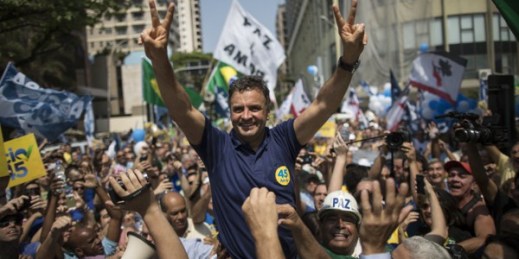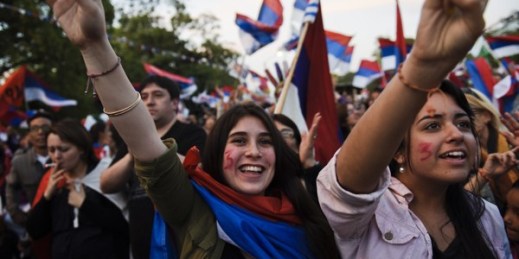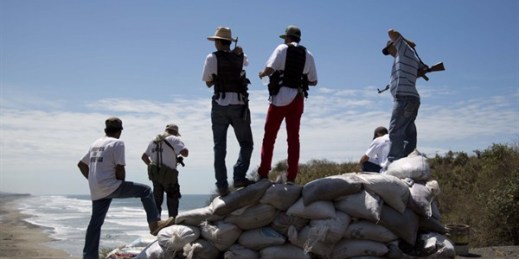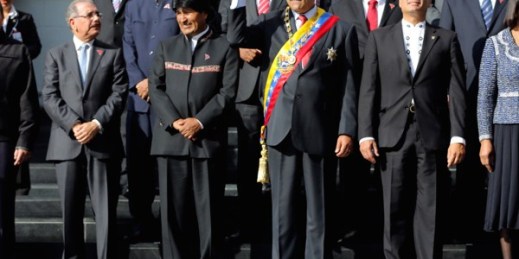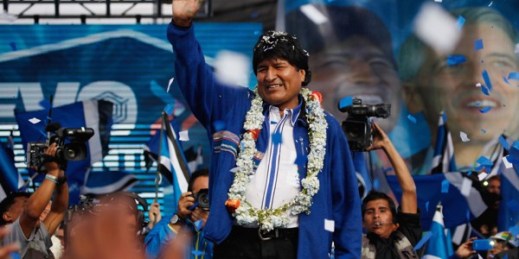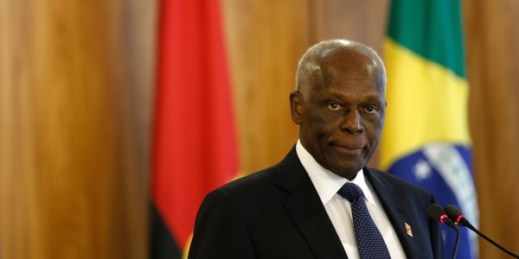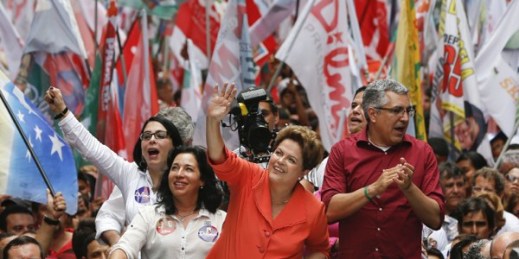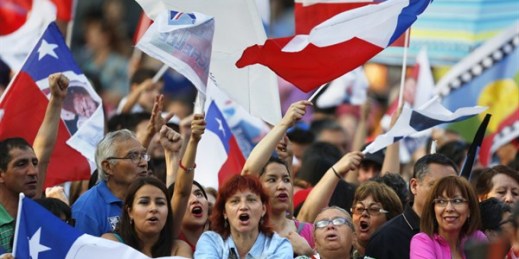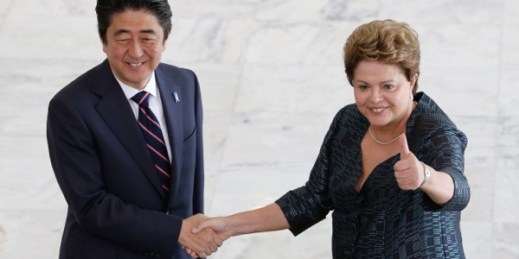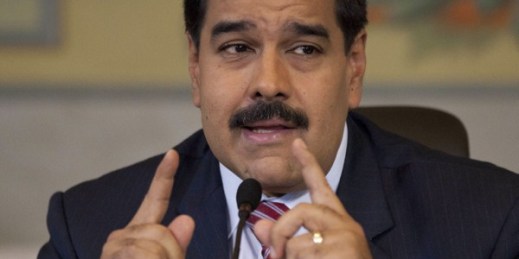
With crude oil prices down 25 percent since June and holding at roughly $86 a barrel on Tuesday, Venezuela is getting nervous. Lower prices will put greater strain on Venezuela’s oil-reliant economy as its government struggles with growing macroeconomic imbalances. Yet even with all the problems that reduced oil prices create for his administration, President Nicolas Maduro is doubling down on his current policies. By stalling in the hopes of a bailout in the form of higher oil prices or Chinese credit, instead of attempting politically unpopular restructuring, Maduro is ignoring cracks in his political and economic program. Booming commodity […]

